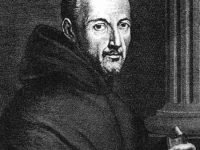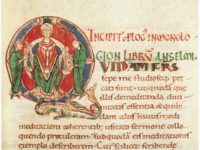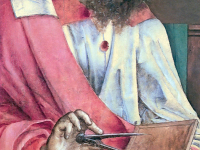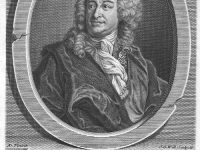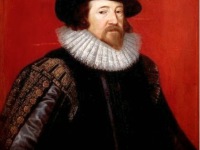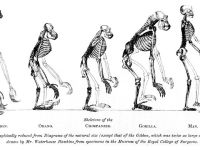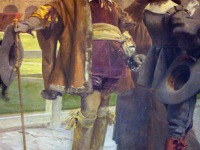Marin Mersenne – Mathematics and Universal Harmony
On September 8, 1588, French polymath Marin Mersenne was born. He is perhaps best known today among mathematicians for Mersenne prime numbers. He also developed Mersenne’s laws, which describe the harmonics of a vibrating string. “Philosophy would long ago have reached a high level if our predecessors and fathers had put this into practice; and we would not waste time on the primary difficulties, which appear now as severe as in the…
Read more

